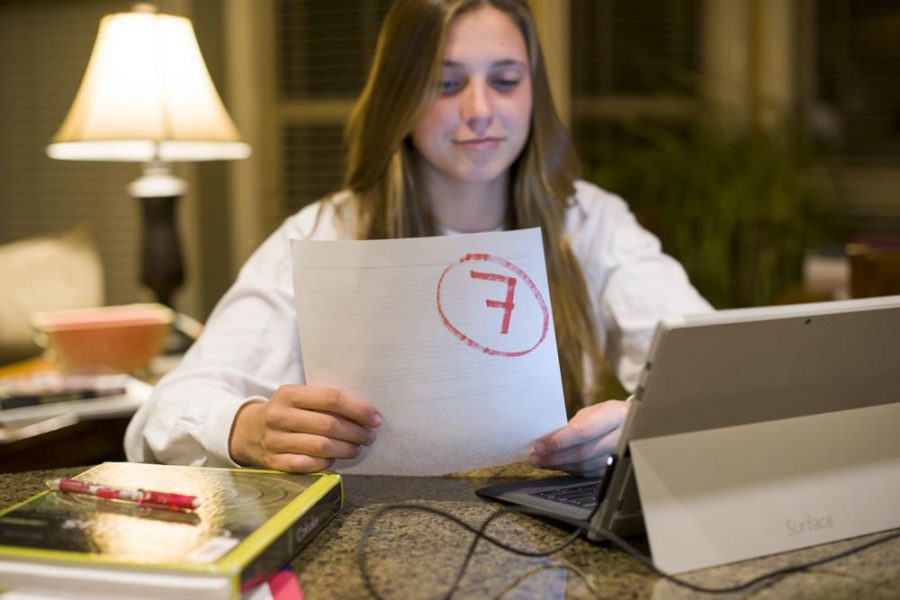We have all been there — feeling the sinking anticipation associated with the harsh reality that at some job interview, summer internship or program, college course, etc. — we have been the worst in the room. Whether the realization hit you the moment you walked through the door, or when you received the results after the first exam, the pit in your stomach probably engulfed every hope, dream and aspiration you previously held.
The prospect of being the worst, or further yet, failing at something, is a foreboding abyss into which humans go great lengths to avoid plummeting. How embarrassing, to always feel one step behind everybody else. Fortunately, our attitude towards our (inevitable) failure at sporadic moments in our lives is half of the battle against a total downward spiral in relation to our self esteem. Once we learn to think about failure in a positive light, success actually comes easier than we can anticipate.
What we fail to recognize (ironically) is that “failure,” in its broadest sense, is not what we make it out to be collectively— it is not the end of your life, the death of your dreams, or even the determining factor of the rest of your career. In school, we are only taught the horrors of receiving the dreaded “F” on an assignment, paper or test, rather than grasping the idea that we can use our own mistakes as learning tools. Take, for example, a poor score on a final exam. Heartbreaking, right? Not if we change our perception of this grade. We can ask ourselves a set of questions: what material confused us?; did we take enough time to study?; or does this grade reflect something other than my ability, like maybe how occupied by other tasks I was the week of the test? By mindfully accepting what could have caused us a massive blow to our ego, we accept our errors and thus gain the ability to learn from them, and prepare ourselves for the next time we are in the same situation.
In addition to utilizing our own mistakes as learning tools, there is always something to be said for being the player, worker or student deemed “Most Improved.” Going into summer intensives as a dancer, nothing is more terrifying than looking around and realizing that, damn, my leg is significantly lower than the girl next to me. Or that Becky can do more pirouettes, and look at her turnout, it’s perfect. It took me several years — and I continue to struggle with this in the attempt to make it happen quicker — to realize that instead of letting these facts of life pummel you to the ground, an infinite amount of growth can happen when you add this internal ranking to your skill set. By watching how my peers better achieved goals I was struggling with I was able to take the information and internalize it for myself and further understand how to get to a level at which I wanted to be.
So the next time you confidently turn in the exam and end up receiving a C-, or forward your resume on a whim only to be brutally rejected, try not to wallow in self pity and finish the whole tub of Ben & Jerry’s. Instead, realize that you just awarded yourself a whole new opportunity to learn and grow intrinsically, and all at the small cost of self-awareness.
letters@chronicle.utah.edu


